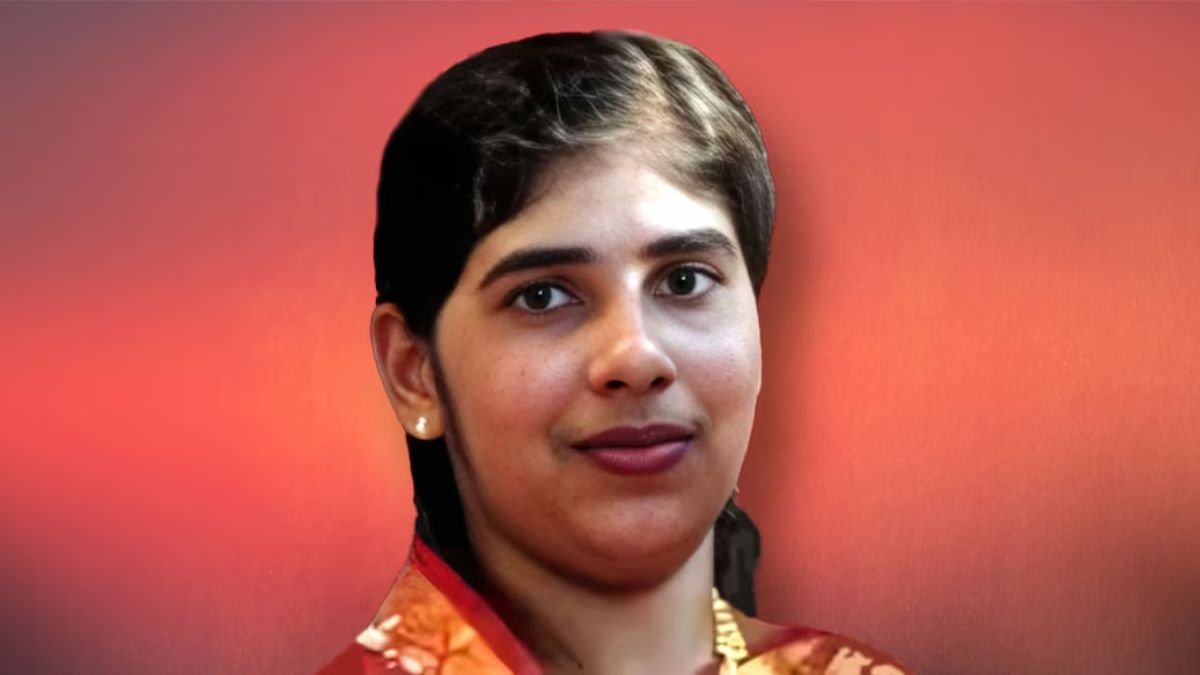Nimisha Priya case: Murdered Yemeni citizen's family raises allegations against Indian social worker Samuel Jerome

As the fate of Nimisha Priya, the Indian nurse on death row for the murder of Yemeni citizen Talal Abdo Mahdi, remains in limbo, the victim’s family has raised allegations of fraud against Samuel Jerome, an Indian social worker in Yemen who had long served as the sole “link” for the Nimisha Priya International Action Council—which is attempting to save the nurse from capital punishment.
Nimisha Priya’s execution was initially scheduled for July 16, but last-minute efforts led to a postponement. Following this, conflicting narratives have emerged regarding how the postponement came about.
Jerome claimed that the change in execution date was made possible with the help of Sheikh Abdul Nahya, whom he described as a community leader from the tribe to which the Mahdi family belongs. He had earlier claimed that he presented several offers to the victim’s family—including $1 million as blood money and assistance for Talal Abdo Mahdi’s brother to relocate to the UAE or Saudi Arabia.
However, Abdel Fattah Mahdi, the brother of the murdered Yemeni man, raised allegations that Jerome collected large sums of money in the name of “negotiations” but had never met the family nor contacted them via phone or message.
Abdel Fattah further claimed that the only time he met Jerome was after the President of the Houthi-controlled Supreme Political Council approved the execution order. He wrote: “He came to me congratulating, his face full of joy, saying: ‘A thousand congratulations!’”
Nimisha Priya’s mother has been in Yemen since April 2024 in a last-ditch effort to save her daughter. She had nominated Jerome to negotiate with the Mahdi family.
However, Advocate Subhash Chandran, who represents the legal wing of the Nimisha Priya Action Council, refuted Jerome’s claims that it was his efforts that led to the postponement. According to Chandran, the delay was primarily due to the intervention of Kanthapuram A. P. Aboobacker Musliyar, a Muslim cleric and general secretary of the Samastha Kerala Jem-iyyathul Ulama, who shares a personal and spiritual relationship with Yemeni Sufi leaders actively involved in the mediation process. Chandran noted that no genuine negotiations had taken place with the Mahdi family prior to Kanthapuram’s intervention.
He also raised concerns that Jerome refused to disclose how $40,000, handed over via the Indian Embassy in Riyadh for negotiations, was spent. Chandran said there has been no clear feedback on the utilization of the funds, and he is unaware if any portion of it reached the Mahdi family. Chandran had also claimed that ever since questions were raised about these funds, Jerome has not been communicating or associating with the Action Council.
Now, Abdel Fattah has also publicly alleged that Jerome continues to collect donations in the name of negotiations. Notably, Abdel Fattah continues to remain firmly opposed to any negotiation.
"We reaffirm once again that our right to the implementation of the retribution sentence is not a favour granted by anyone, nor a privilege given at times and withheld at others. Retribution is God's decree—a divine obligation that does not expire with time and is not subject to negotiation. Justice that is delayed is not justice," he posted on social media.
THE WEEK has reached out to Samuel Jerome, currently in Yemen, for a response to the allegations against him. A reply is awaited.
India